The World of Luxury Pets
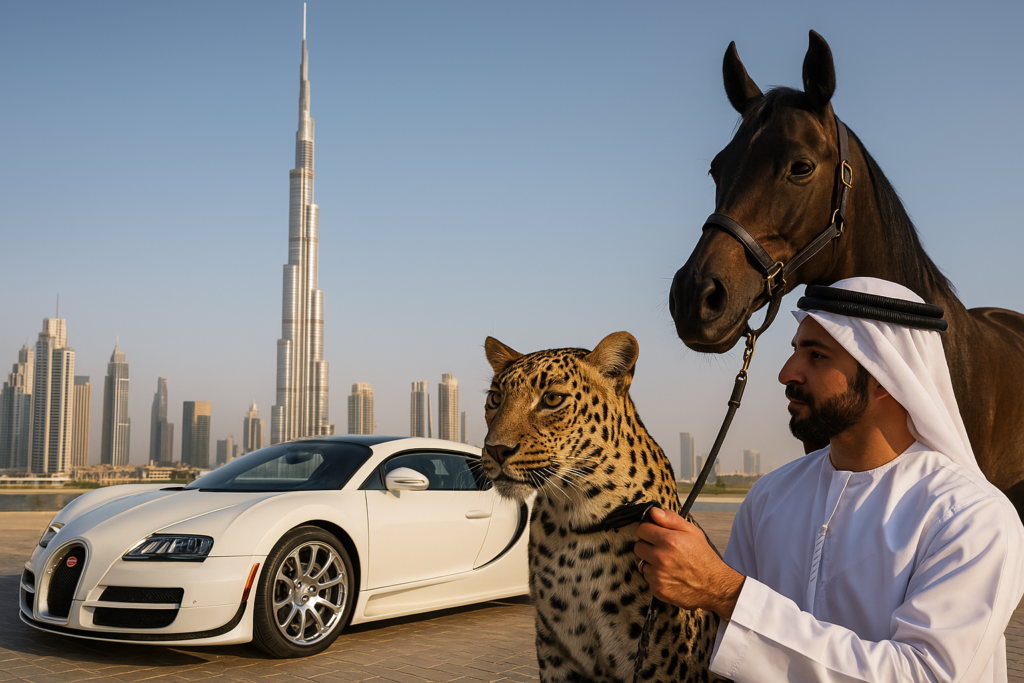
In Dubai, where gold is neutral and the police drive Bugattis, even pets are dripping in opulence. Forget squeaky toys and dog parks—here, animals come with microchips, private chefs, biometric passports, and better skincare routines than you. The wealthiest Emiratis and expats aren’t just collecting exotic pets—they’re curating living, breathing symbols of their fortune, status, and impeccable taste. These animals are rare, difficult to acquire, and illegal to own anywhere without a helipad.
Whether it’s a snow-colored lion cub lounging in a Rolls-Royce or a macaw with its own TikTok manager, Dubai’s elite are redefining what it means to be an animal lover—by turning their pets into couture statements. These aren’t pets. They’re investments. Accessories. Dynasty-flexing, trend-setting, jaw-dropping proof that money can buy everything… including a bloodline of falcons more documented than your family tree.
1. White Lion Cubs – The Forbidden Fantasy
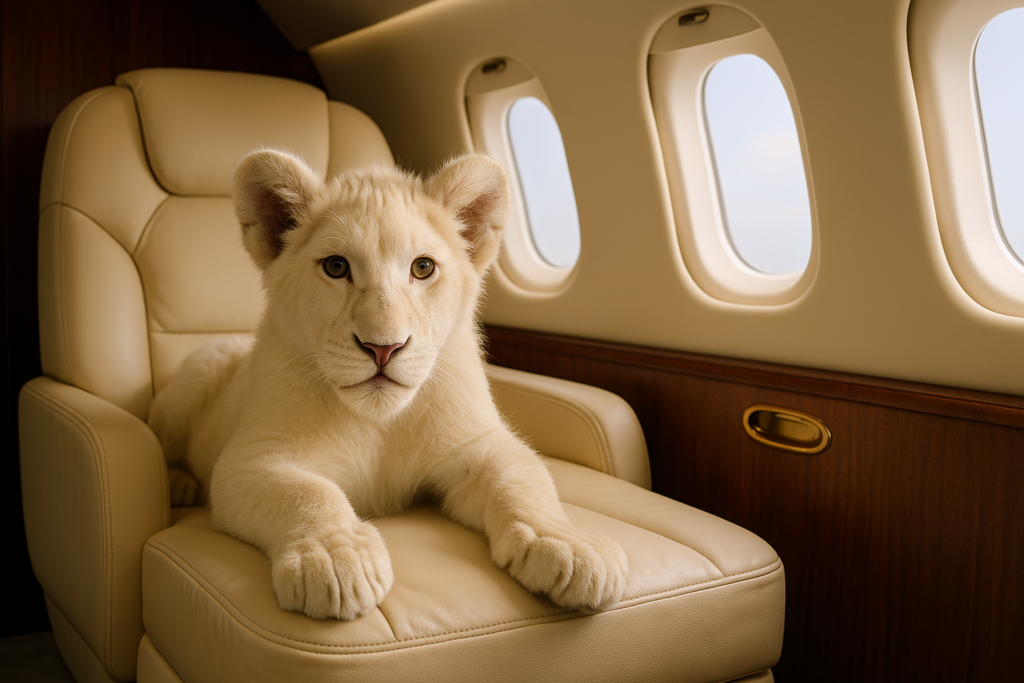
White lion cubs aren’t just rare—they’re genetically mythical, born with a recessive mutation so uncommon that fewer than 300 exist globally. For Dubai’s elite, these snow-colored predators became the ultimate symbol of status: rare, dangerous, and Instagrammable. In the years before regulation tightened, cubs were flown in via private jet from South African breeders, pampered with chilled enclosures, raw-meat chefs, and designer collars that cost more than a semester at Harvard.
But in 2016, the UAE passed Federal Law No. 22, banning private ownership of exotic or dangerous animals, including lions, tigers, and leopards. Still, viral sightings of white lion cubs on yachts or peeking out of Lamborghinis continue to pop up online, linked to private estates and offshore holdings. Behind mirrored compound walls and discreet security, whispers of white lions persist. Illegal? Yes. Luxurious? Definitely. In Dubai, even the ban comes wrapped in velvet.
2. Falcons with First-Class Passports – The Flying Heirs
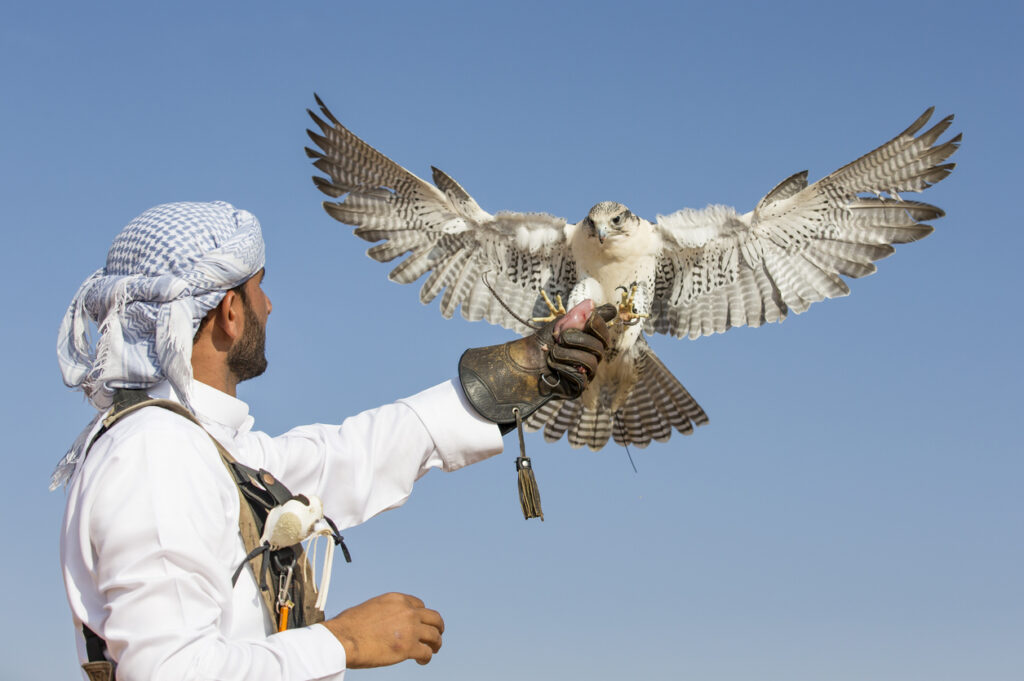
In Dubai, falcons don’t ride in cages—they ride in style. These sacred birds of prey are considered noble companions in Emirati culture, and among the ultra-wealthy, they’re treated like airborne royalty. Valued at up to $100,000 each, top-tier falcons come with microchips, custom leather hoods, and their own official UAE-issued passports. Not cargo. Not coach. We’re talking Emirates First Class, beak angled toward the in-flight champagne.
In one jaw-dropping photo from 2017, a Saudi prince booked 80 falcons on a commercial flight, seating them in neat rows like feathered aristocrats. These birds are enrolled in falconry schools, fitted with GPS telemetry, and treated at the Abu Dhabi Falcon Hospital, the world’s largest. Some even train on robot prey in the desert. With prize winnings and breeding contracts worth millions, these raptors are living, flapping, high-performance assets.
3. Caracals – The Cat With Eyeliner and Attitude
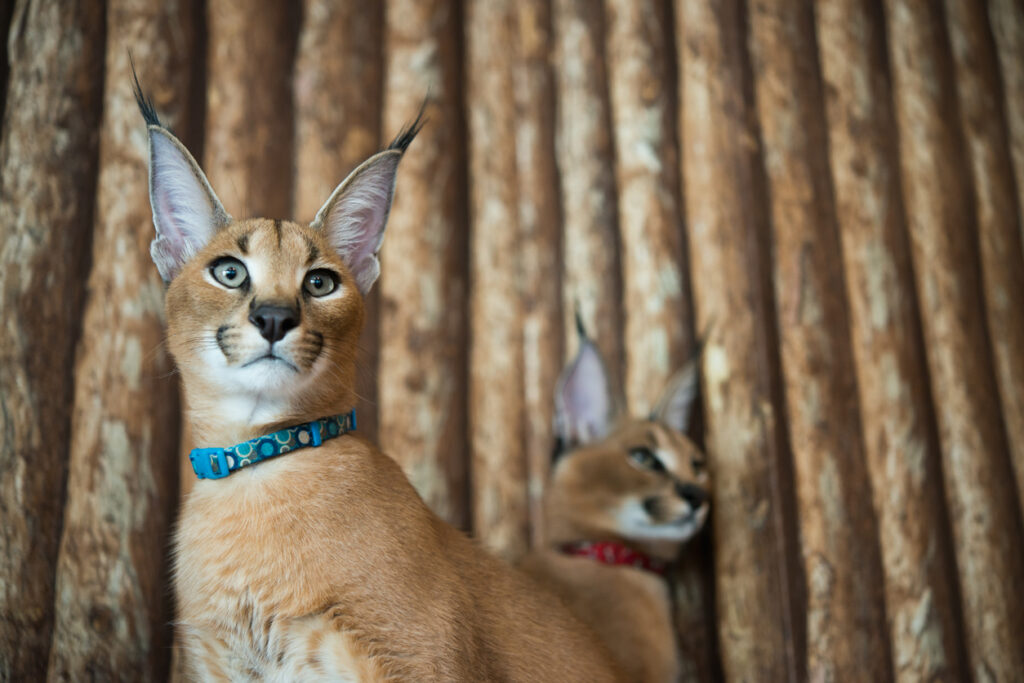
When lions become too common, Dubai’s ultra-rich turn to something sleeker: Persian leopards. With coats like spilled ink and a walk that screams old-money confidence, these endangered cats are spotted status symbols. Fewer than 1,000 remain in the wild, which only intensifies their underground allure. They’re acquired through discreet breeder networks, usually in Central Asia, and delivered with the delicacy of a Fabergé egg.
In 2021, a viral video showed what appeared to be a leopard scaling walls in a Dubai neighborhood, triggering a police search and a wildlife advisory. While unlicensed ownership is banned, wealthy collectors have been known to skirt the law behind fortified estate walls. These cats roam air-conditioned solariums, dine on hand-prepped venison, and wear jewel-studded tracking collars. In the world of ultra-luxury, the rarer the predator, the higher the pedigree.
4. Arabian Horses – Desert Nobility in Motion
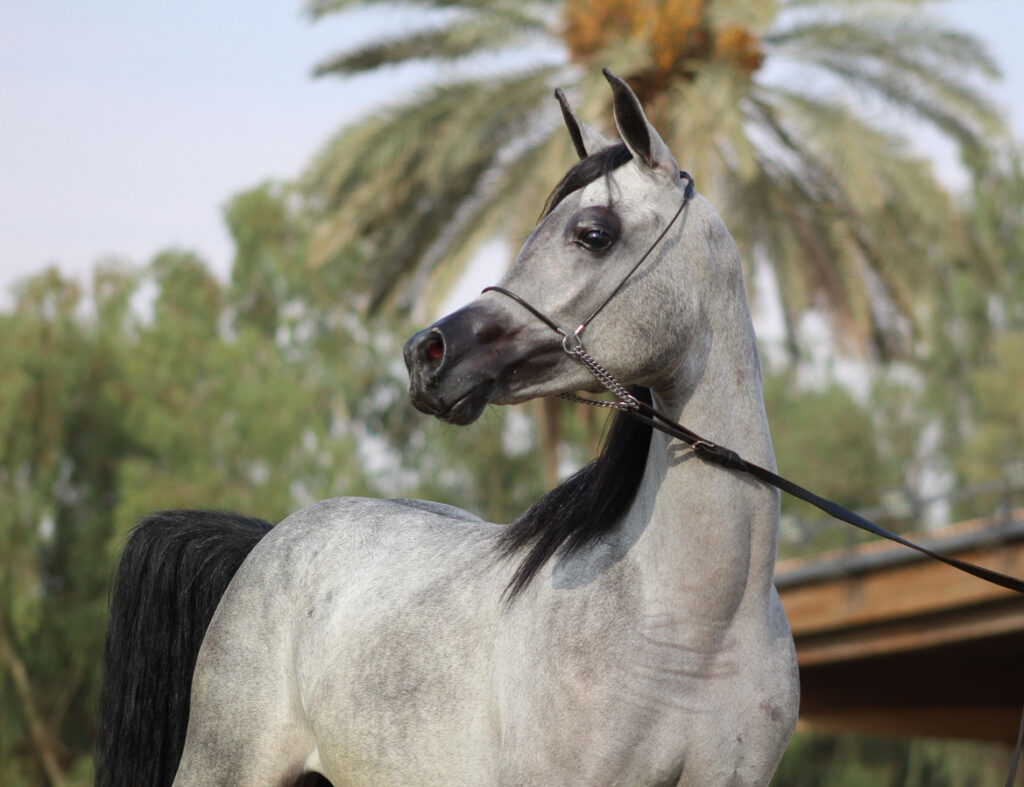
To the Dubai elite, Arabian horses are less pet and more poetry in motion. With their dished faces, high tails, and firecracker spirits, these horses have been prized for thousands of years. Show-quality bloodlines can fetch tens of millions, and their stables? Think chandelier-lit halls, imported sand, and hand-blended aromatherapy mists. They’re not just brushed—they’re polished.
Sheikh Mohammed bin Rashid Al Maktoum, ruler of Dubai, owns Godolphin, the largest thoroughbred racing operation on Earth. These horses are pampered in spa-like settings with massage therapy, hydro treadmills, and performance nutrition tailored to bloodline and temperament. They compete in the Dubai International Arabian Horse Championship, an event as glamorous as Fashion Week—with hooves. If your horse doesn’t have a personal trainer and a passport, are you even trying?
5. Savannah Cats – The Leopard for Your Living Room
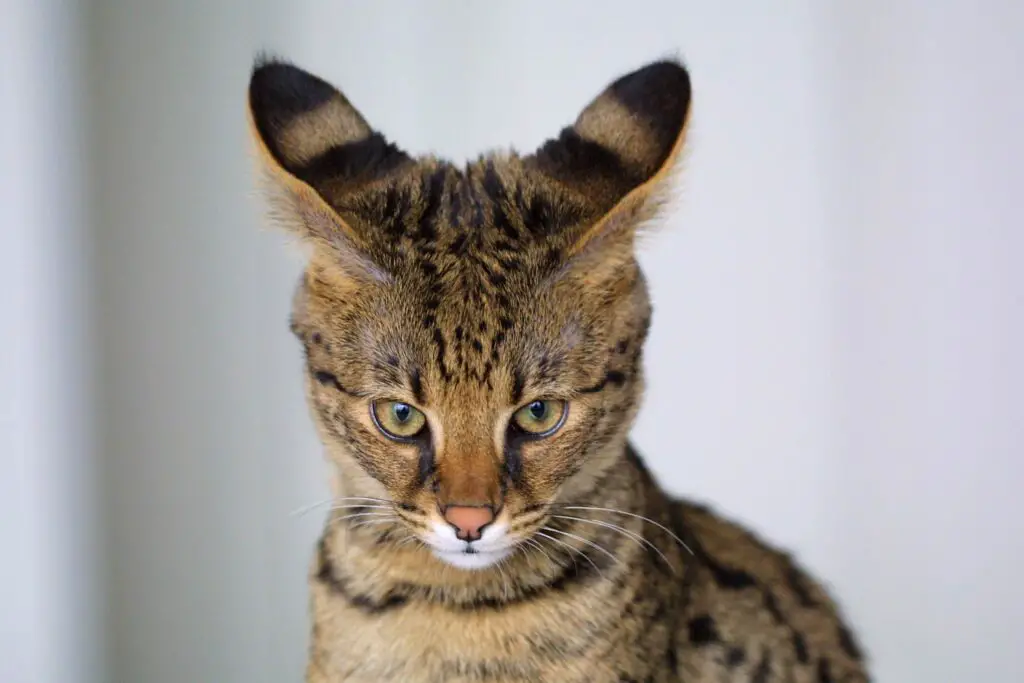
If a tabby’s too tame and a tiger’s too illegal, the Savannah cat is your purring power play. A hybrid between an African serval and a domestic cat, it’s all lean muscle, wild spots, and a vertical leap that shames Olympic athletes. In Dubai, only the earliest generations—F1 and F2—make the cut. These elite cats go for $20,000 to $35,000 and arrive in velvet carriers from breeders in Russia or the U.S., often with climate-control specs included in the contract.
In 2019, local media reported a Savannah cat sighting in Dubai Marina, prompting a citywide reminder about exotic animal laws. But among those with the wealth and paperwork to skirt risk, they’re still coveted. These cats eat raw rabbit, wear crystal collars, and are known to star in TikToks draped across suede sectionals. Exotic, elegant, and Instagram-ready, they’re less housecat and more haute couture.
6. Exotic Macaws – Feathers Worth a Fortune
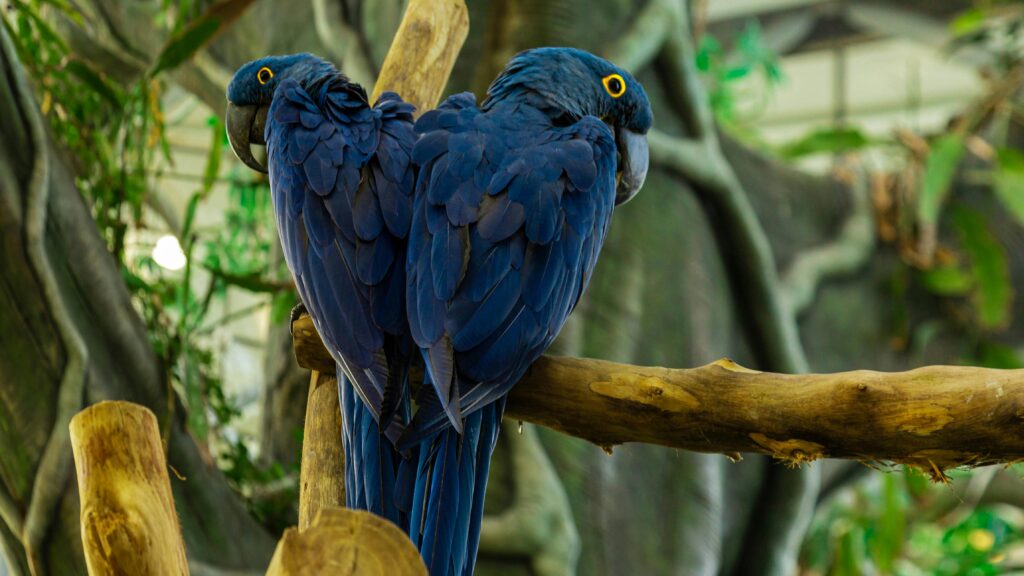
These birds don’t just squawk—they sing opera in Swarovski. From Hyacinth to Scarlet macaws, Dubai’s luxury set covets these vibrantly feathered parrots for their stunning colors, intelligence, and longevity (some live 50+ years). Top breeders sell rare hybrids for over $20,000 each, and it’s not uncommon for them to be housed in custom-designed aviaries that rival indoor greenhouses, complete with temperature and humidity control.
Parrot training schools in the UAE offer language lessons, acrobatic tricks, and socialization services for high-maintenance birds, some of whom have their own social media followings. Veterinary care is often handled by avian specialists flown in from Europe, and some macaws even enjoy hand-fed organic fruit and chilled coconut water. For the ultra-rich, these birds are prized for more than their beauty—they’re high-IQ showpieces in an emerald-and-gold package.
7. Persian Leopards – The Haute Couture of Predators
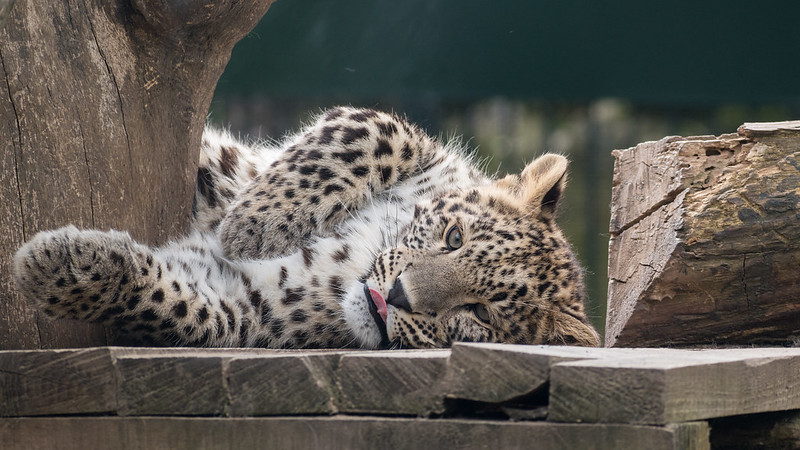
For those who find lions a bit passé, the Persian leopard offers something even more exclusive. Sleek, muscular, and dramatically spotted, this endangered subspecies once roamed the Caucasus and Iranian highlands. In Dubai, they’re housed in lavish private estates, prowling marble courtyards and basking in the filtered sunlight of solarium-style enclosures. Their rarity—fewer than 1,000 remain in the wild—makes them the Birkin bag of exotic pets.
Top breeders in Eastern Europe and Central Asia cater discreetly to ultra-high-net-worth clients, arranging international transport with the same level of security as an art auction at Sotheby’s. Owners invest in reinforced enclosures, silk-lined collars, and custom diets prepared by private animal chefs. Conservationists raise alarm, but the allure of owning a creature this elegant and rare is irresistible for the Dubai elite. They don’t just want a wild animal—they want the endangered kind, the one no one else can have.
8. Koi Fish in Gold-Plated Ponds – Liquid Elegance
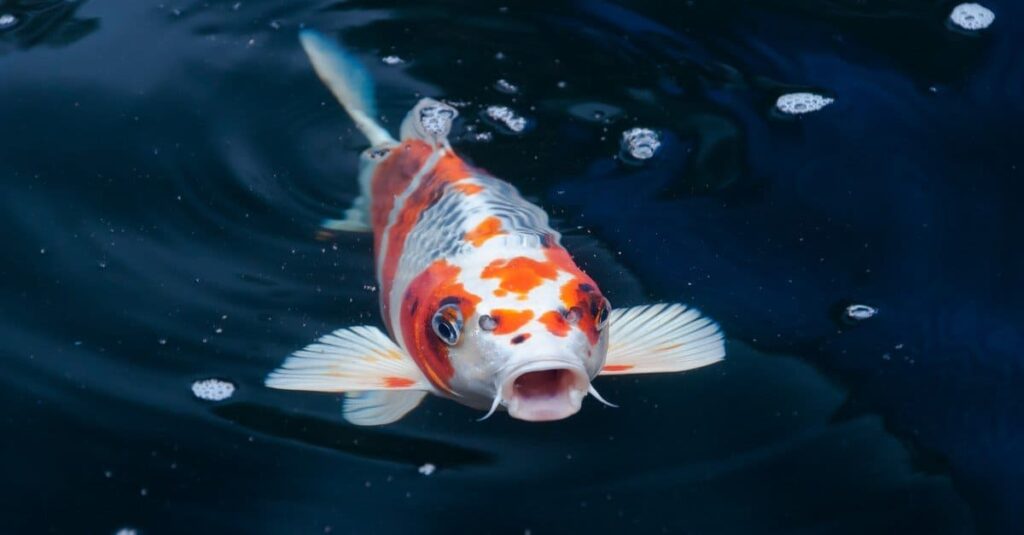
In a city where even fountains are choreographed to opera, koi fish have evolved from backyard pond dwellers to living water jewels. Imported Japanese koi—especially the Kohaku, Sanke, and Showa varieties—are bred for perfect color symmetry and can sell for $50,000 to $1 million apiece. In Dubai, koi are often kept in temperature-controlled, gold-accented ponds with underwater lighting that highlights every metallic scale as they glide beneath floating lotus arrangements.
According to luxury landscape designers in the UAE, koi installations now come with smartphone-controlled filtration systems, imported rock gardens, and aromatherapy-infused mist features. High-end homes commission entire koi courtyards designed to mimic Kyoto temples—with marble bridges, bronze lanterns, and stylized waterfalls. For the elite, koi are more than pets—they’re living feng shui investments, symbols of peace, wealth, and artistic balance. If your garden doesn’t glow at night, are you even trying?
Fur Real… That’s It
You might think it’s excessive to buy a Persian leopard instead of a Rolex or build an air-conditioned koi lagoon next to your infinity pool. But in Dubai, excess isn’t a vice—it’s a virtue. These pets aren’t just rare—they’re impossible to ignore, part of a glittering ecosystem where wealth whispers, roars, flies first class, and occasionally hisses. And as long as there are private zoos tucked behind palace walls, you can bet the next “it pet” is already being groomed, glittered, and genetically perfected.
So the next time your cat hacks up a hairball on your IKEA rug, remember: somewhere in Dubai, a Savannah cat is curled up on a Fendi throw, watching koi fish swim beneath a crystal chandelier.


